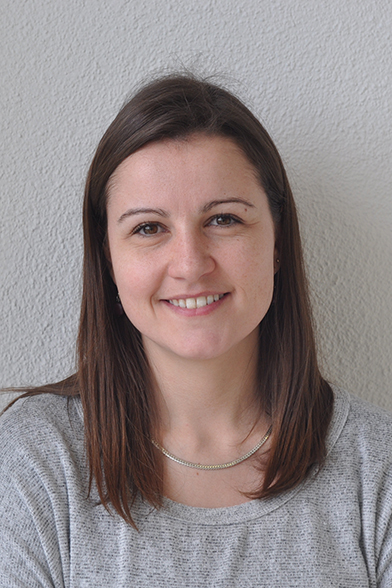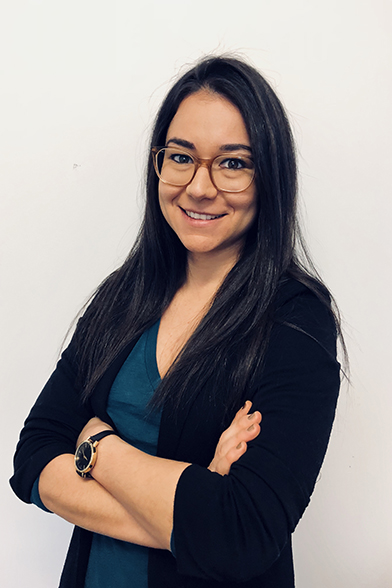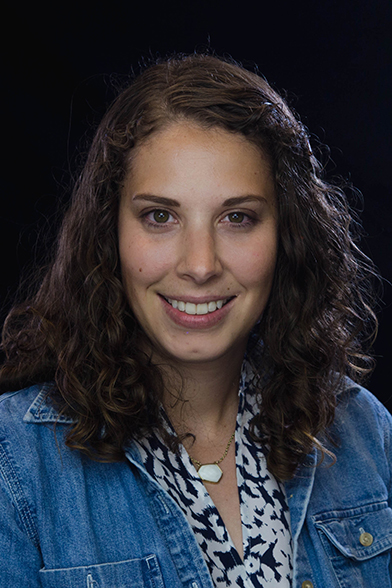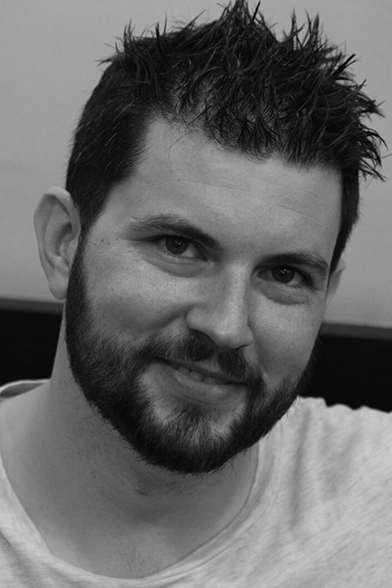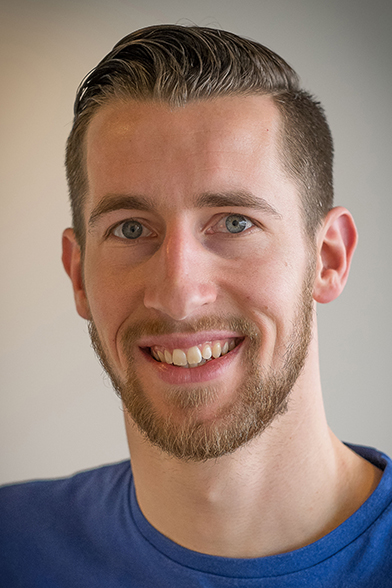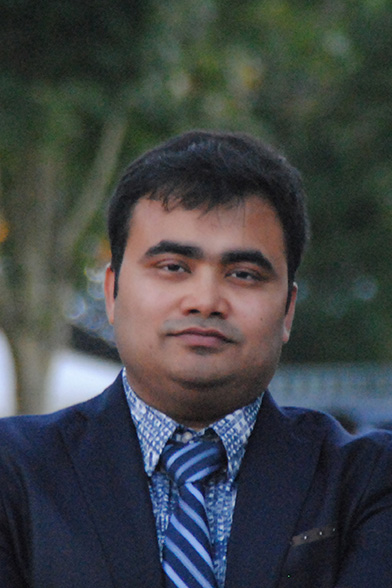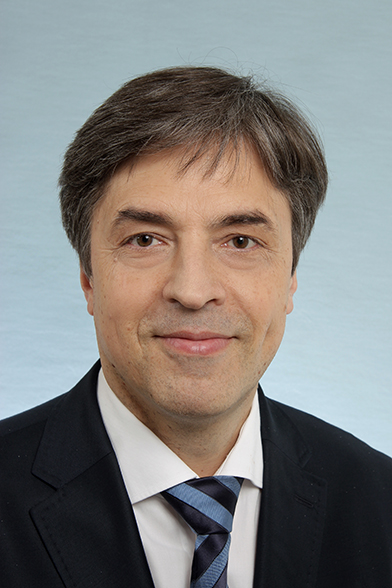Seven Marie Curie Fellowships for the University of Bern
Each year, the European Commission awards Marie Skłodowska-Curie Individual Fellowships to post-doctoral researchers. Seven Fellowships went to researchers of the University of Bern, making it one of the most successful host institutions in Switzerland.
The individual fellowships are awarded under Marie Skłodowska-Curie Actions (MSCA) as part of the EU Framework Programme for Research and Innovation, Horizon 2020. The aim of the funding programme is to improve the quality of research training and career development for young researchers by supporting a project at a foreign university. Researchers find a supervisor in their field who is able to offer an excellent environment for their development and for their project, and together with their supervisor, the fellows apply to Horizon 2020. At the end of January 2018, the European Commission announced that it was awarding a total of 1348 MSCA Individual Fellowships. Seven went to researchers at the University of Bern.
High success rate
The University of Bern's success rate is up on the previous year – and at 26%, it is considerably higher than the Swiss average (17%). Europe-wide, the rate is even slightly lower still at 15%. The strong result was welcomed by Daniel Candinas, Vice-Rector for Research. He believes that "the high success rate shows that the University of Bern is seen internationally as a leading research institution." Bern as a research centre is also benefiting from the MSCA fellows: "They raise the profile of the University of Bern within the international research community and bring their existing networks to Bern."
Six incoming – one outgoing
Six of the Bern MSCA fellows are coming from various EU countries and will be carrying out individual research projects at the University of Bern over a period of two years. One fellow from Bern will be spending two years at Yale University in the USA. The selected researchers operate in a wide range of fields such as geography, biology, sociology, biomedicine, neurology and ecology.
The Bernese Marie Curie Fellows
Dr. Nathalie Ségaud
Department for Chemistry and Biochemistry (DCB), University of Bern
Supervisor: Prof. Dr. Martin Albrecht
Project title: Biomimetic Dicopper Architecture for Catalytic Oxygen Activation (BiomCatOx)
In the current ecological and economical context (global warming, pollution, waste treatment…) researchers are pushed to develop new industrial processes that are environmental friendly and profitable. In chemistry, syntheses can be very costly in energy, such as the transformation of raw material from natural sources as for example petroleum and gas. Those reactions demand high temperatures and pressure, and conditions that are long and polluting. My project will develop a new concept for the realization of these reactions in mild conditions, i.e. performing them in water and using dioxygen as a mild oxidant. This will provide a strict control on the reactivity of the process and will improve the efficiency of the synthetic catalyst.
Dr. Joanna Triscott
Department of BioMedical Research (DBMR), University of Bern
Supervisor: Prof. Dr. Mark Andrew Rubin
Project title: Towards understanding non-canonical phosphatidylinositol kinases in the maintenance of prostate metabolism (PCAPIP)
Statistically, one out of every seven men across Europe will be diagnosed with prostate cancer. While the majority overcome this malignancy with standard of care, over 70.000 men will develop a castrate-resistant disease – that is, resistant to hormone therapy and thought incurable. The project aims to better understand the mechanisms that control the transition of prostate cells from a hormone-driven to resistant disease. For this purpose, I will delve into the fundamental mechanisms of a previously overlooked family of lipid kinases to establish the first understanding of their importance in the prostate. This research will provide valuable insights into a non-canonical family of kinases and lay the groundwork for the development of novel drug targets.
Dr. Diana Jessie Rennison
Institute of Ecology and Evolution (IEE), University of Bern
Supervisor: Prof. Dr. Catherine Peichel
Project title: Pleiotropy and Evolutionary Constraint (PLEVOCON)
Are the genetic mechanisms predictable when organisms adapt to new environments? Theoretical work suggests that pleiotropy – when one single gene influences multiple traits – might be an important constraining factor during adaptive evolution. The objective of the PLEVOCON project is to test whether pleiotropy underlies evolutionary predictability. Using the example of the "Threespine stickleback fish", which has repeatedly adapted to freshwater habitats over the last 12,000 years, it will be examined whether the same genes underlie adaptation to similar habitats and whether these genes that are repeatedly used for adaptation have lower levels of pleiotropy. This work will allow us to better understand how organisms will respond to environmental challenges like climate change and will facilitate agricultural breeding programs.
Dr. Miguel Ángel Ariza-Gracia
Institute for Surgical Technology and Biomechanics (ISTB), University of Bern
Supervisor: Prof. Dr. Philippe Büchler
Project title: Multiscale Integrative Approach for Corneal Biomechanics to Assess Corneal Crosslinking (MIMetiCO)
The clinical future of Cataracts or Laser surgeries will rely on corneal crosslinking treatments (CLX), which uses UV light and liquid riboflavin (vitamin B2) to strengthen chemical bonds in the cornea. However, CXL is not yet completely understood. The MIMetiCO project wants to improve the understanding of CXL and, in the longer term, its clinical assessment. Therefore, the project will characterize corneal biomechanics before and after CXL at different scales. With these data, MIMetiCO will calibrate a computer model of the cornea that would help to decide the best cross-linking treatment by testing different (virtual) surgical scenarios. The aim of the project is to develop a personalized medicine that is particular and targeted for each need and therefore to contribute for a better visual care.
Dr. Bart Schimmel
Institute of Plant Sciences (IPS), University of Bern
Supervisor: Prof. Dr. Matthias Erb
Project title: Genetic basis of herbivore-induced physiological canalization (HECAN)
Herbivores can interact with each other indirectly via their shared host plant. The order of herbivore arrival is often critical for the outcome of such plant-mediated interactions. The western corn rootworm, a belowground pest of maize, refuses to feed when a plant is already attacked aboveground by the leaf-feeding fall armyworm. This host-avoidance behavior is attributed to the increased emission of a newly identified metabolite, named NP1, from maize roots upon leaf herbivory. However, the western corn rootworm prevents the leaf-herbivory-induced production of NP1 when it arrives on the plant first, and hence, keeps on feeding. HECAN will investigate how maize produces NP1 as well as how the western corn rootworm sabotages this process in order to, ultimately, generate WCR- maize plants resistant to this herbivore.
Dr. MD Sarwar Hossain Sohel
Institute of Geography, Sustainable Land Management, University of Bern
Supervisor: Prof. Dr. Chinwe Ifejika
Project title: Exploring pathways for transformation to sustainability using the safe and just operating space concept at the regional level (SUccESS)
SUccESS aims to identify transformation pathways towards sustainability that are both safe within the ecological boundaries of a place, and socially just. These pathways will be explored by using a system dynamics approach to ensure a safe and just operating space (SJOS) for transformation to sustainability at the regional scale in Kenya. This integrative approach provides an innovative way to address the sustainability of social-ecological systems (SES) and their transformation options in a globalized context. This will enable to explore answers to the questions: how long can economic development stay on a sustainable path and at what point does it become unsustainable? SUccESS will help to identify optimum pathways for achieving UN’s Sustainable Development Goals (SDGs) in response to environmental change and to avoid the disastrous consequences for humanity at a regional scale.
Outgoing Fellow
PD Dr. Heinz Krestel
Department of Neurology, Yale University, USA
Supervisor: Prof. Hal Blumenfeld
Project title: New integrated system to automatically record impact of interictal epileptic activity on behavior, reactivity, and consciousness of epilepsy patients (DigRTEpi)
Epileptic activity can occur in-between seizures. This interictal epileptic activity (IEA) is not perceived by patients and not recognized by clinical observation, yet it can be accompanied by transient cognitive impairment. A portable user-friendly device will specifically analyze in real-time the effect of IEA on daily activities such as reaction times, orientation, memory, and word retrieval by use of routine electroencephalography. Results from this test can support individual patients in self-assessment of their private (e.g. choice of sport) and professional lives. Results can also support physicians in their judgment of the fitness to drive or in adjustment of antiepileptic medication.
2018/04/30

